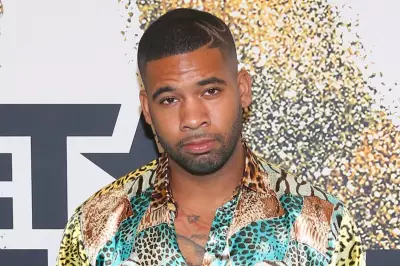
The future of Thames Water, serving 16 million customers across London and the South East, hangs in the balance as the company faces an unprecedented financial crisis. With shareholders refusing to inject further capital and regulatory constraints tightening, the government faces an unenviable choice between several unpalatable outcomes.
The Financial Quagmire Deepens
Thames Water's parent company defaulted on its debt in August, triggering a crisis that has been years in the making. The water giant is buckling under an enormous £15.6 billion debt load while simultaneously facing massive investment requirements to address sewage spills and infrastructure decay.
Despite recent bill increases approved by regulator Ofwat, the company's financial position remains precarious. Shareholders have made it clear they won't provide the £2 billion emergency funding needed, leaving the government with limited options to prevent catastrophic failure.
Why Temporary Renationalisation Gains Traction
Among the grim alternatives, temporary state control is emerging as the cleanest solution for several compelling reasons:
- Stability during transition: A period of public ownership would provide breathing space to restructure the company without the pressure of immediate shareholder returns
- Protection of essential services: Ensures continuous water supply and wastewater treatment for millions of households
- Transparent restructuring: Allows for proper assessment of the company's true financial position away from market pressures
The Unappealing Alternatives
Other options on the table present significant drawbacks. Special administration could prove messy and prolonged, while allowing the company to continue operating in its current state risks further environmental damage and eventual collapse.
The government's preference for private sector solutions is colliding with harsh economic realities. With no white knight investor emerging and regulatory flexibility limited by public opinion, temporary renationalisation appears increasingly inevitable.
What Comes Next for Water Customers?
Regardless of the path chosen, Thames Water customers face higher bills and continued concerns about service quality. The fundamental challenge remains: how to fund essential infrastructure improvements while keeping water affordable.
This crisis represents a watershed moment for England's privatised water industry, raising fundamental questions about the sustainability of the current model and the balance between private profit and public necessity.





